DMH forecasts heavy rains in Arakan State
A DMH official said that the cyclone that crossed Bangladesh on November 17 has weakened, but due to the speed of the storm, there is still heavy rain in Arakan State.
18 Nov 2023
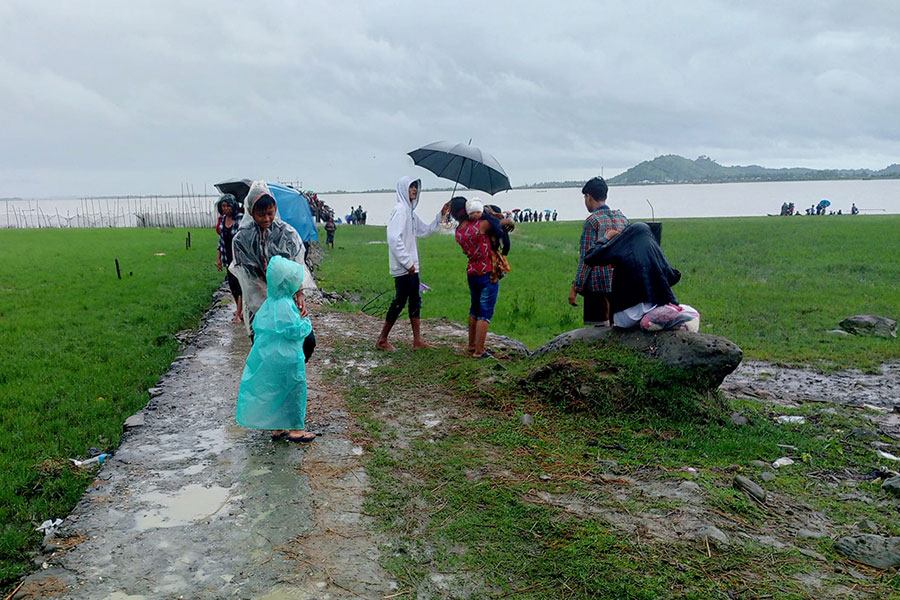
DMG Newsroom
18 November 2023, Sittwe
An official from the Department of Meteorology and Hydrology (DMH) told DMG that there is a possibility of heavy rain in Arakan State for the next two days.
A DMH official said that the cyclone that crossed Bangladesh on November 17 has weakened, but due to the speed of the storm, there is still heavy rain in Arakan State.
“The rain is from the storm, so the rainfall will be a little more. This season, there is also an unstable atmosphere, so it will rain for two days in Arakan State. In the next few days, the rain will be a little less,” said U Hla Tun, Director of the Arakan State DMH.
With continuous rains in Arakan State, those fleeing their homes due to the military conflict are suffering even more. Thousands of local people in Pauktaw, Ponnagyun, Buthidaung and Maungdaw Townships have been fleeing the fighting since renewed hostilities in Arakan State amid heavy rains.
Among the more than 500 locals in Donenyo Village, part of Arakan State’s Maungdaw Township, who were displaced by fighting, a 7-month-old baby girl reportedly died of cold on November 16.
Internally displaced people (IDPs) say they face difficulties accessing food and shelters and are worried about their health due to incessant rains.
“We brought nothing when we fled to safer locations. Those who brought a few clothes and rice will face hardships due to rains,” said an IDP woman from downtown Pauktaw.
More than 40,000 people have been displaced in Arakan State since renewed fighting broke out on November 13 between the Myanmar military and the Arakan Army (AA), according to a DMG tally. The displaced people are currently taking refuge at local monasteries and their relatives’ homes in nearby villages.




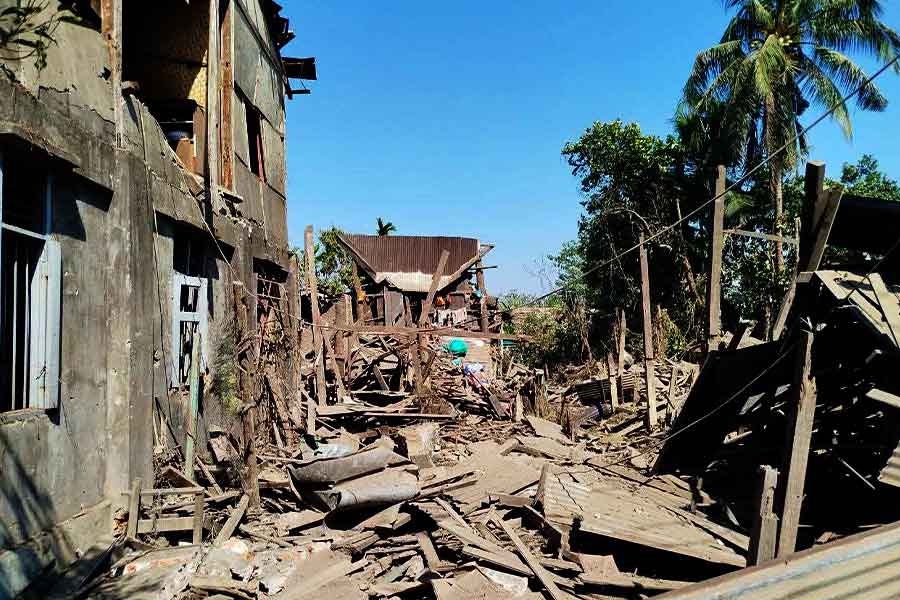
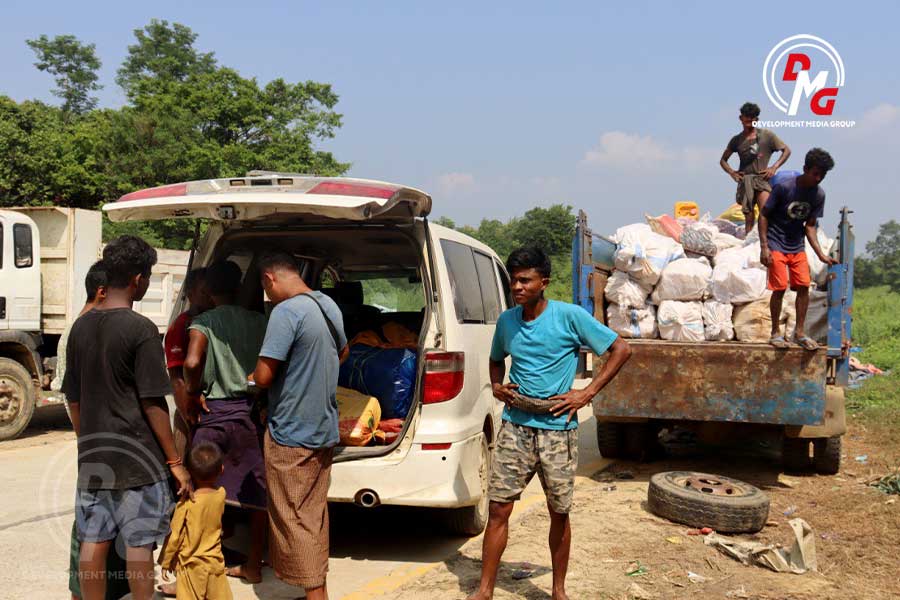
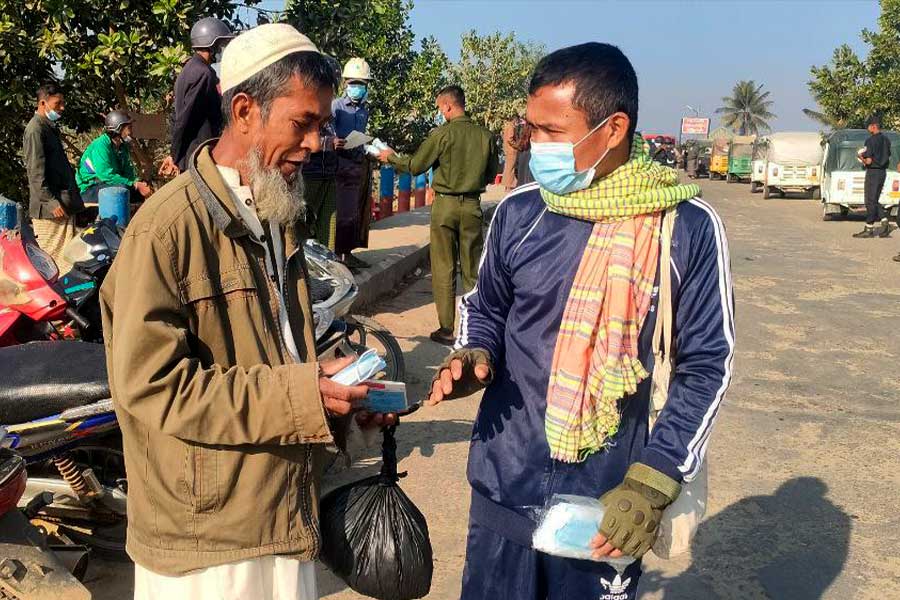
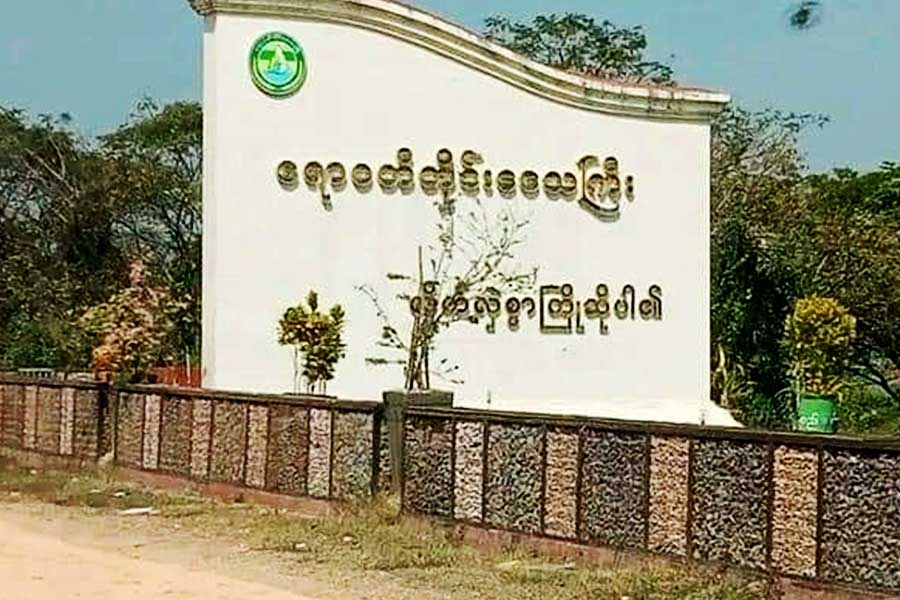








.jpg)
